# india
12 posts in `india` tag
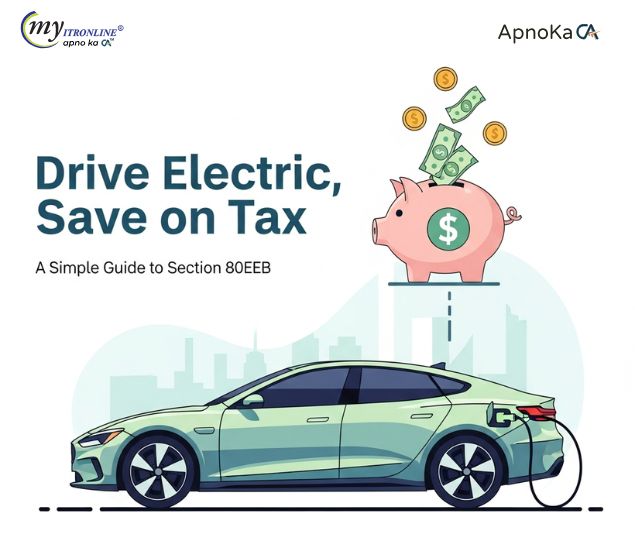
Drive Electric, Save on Tax: A Simple Guide to Section 80EEB
A simple guide to Section 80EEB, explaining how individuals can save up to ₹1,50,000 annually on EV loan interest, eligibility rules, and how to claim the deduction under the old tax regime.
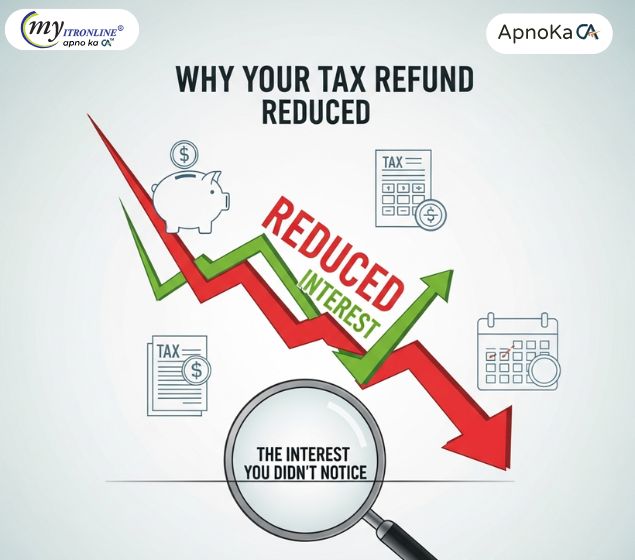
Why Your Tax Refund Reduced: The Interest You Didn’t Notice
This blog explains in simple language why taxpayers may have to pay extra interest if they delay filing their return, pay less tax during the year, or miss advance tax installments. It breaks down Sections 234A, 234B and 234C in an easy format and shares how timely payments can help avoid extra charges. If your final tax payable is less than ₹10,000, these rules normally do not apply.
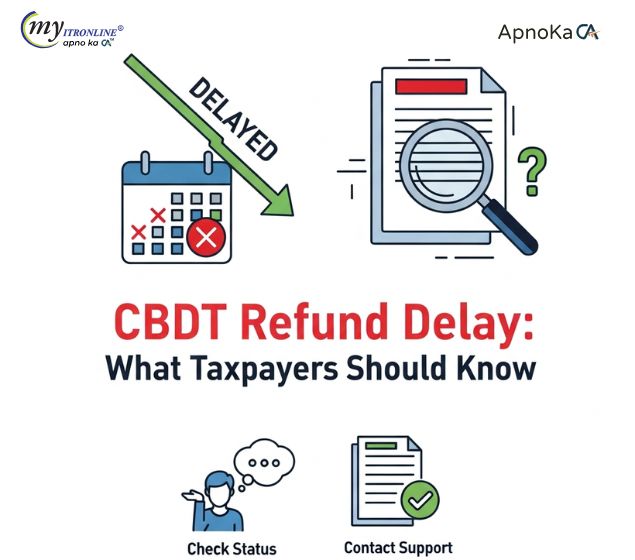
CBDT Refund Delay: What Taxpayers Should Know
There is no halt on refund processing by CBDT. Only high-risk refund claims are being held for verification, while smaller refunds are being processed normally. Most legitimate refunds are expected to be released by December.
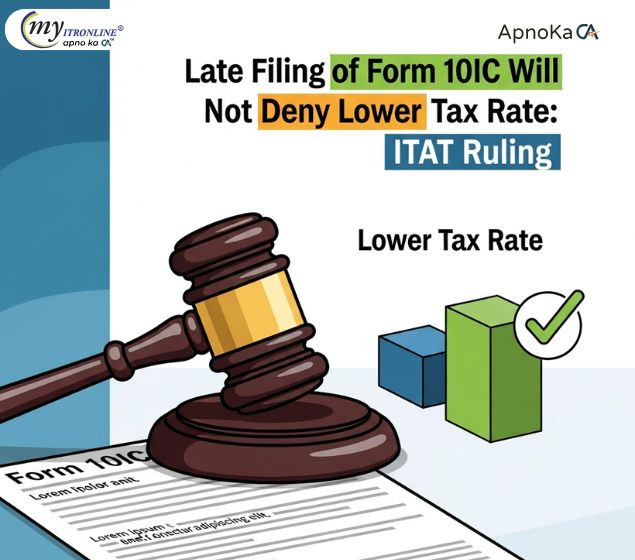
Late Filing of Form 10IC Will Not Deny Lower Tax Rate: ITAT Ruling
Mumbai ITAT has ruled that late filing of Form 10IC should not prevent eligible taxpayers from availing the concessional corporate tax rate under Section 115BAA. The order states that filing Form 10IC is a procedural requirement and the intent to opt for the new tax regime is more important.
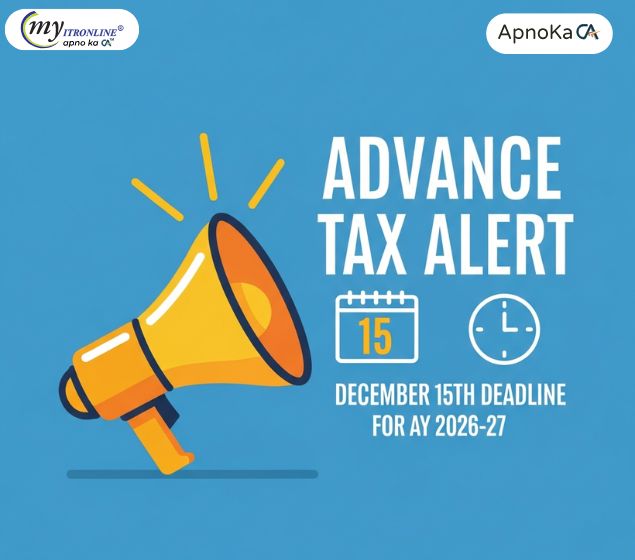
Advance Tax Alert: December 15th Deadline for AY 2026-27
The next Advance Tax installment for Assessment Year (AY) 2026-27, related to Financial Year 2025-26, is due by December 15, 2025. Taxpayers with total estimated tax liability of ₹10,000 or more after TDS/TCS should pay Advance Tax on time to avoid interest under sections 234B and 234C.

New Business Surge in India: What the Numbers Show
India is witnessing a surge in new business registrations, with companies up 10% and LLPs up 75% in November. Over 151,000 companies and 58,635 LLPs have registered this year. Easier taxes, strong demand, and simple rules are driving growth. The “base effect” explains why growth percentages look smaller now, but business energy remains strong.

Act Now: Aadhaar-PAN Linking Deadline is December 31, 2025
Link your PAN with Aadhaar by December 31, 2025. If you miss the date, PAN goes inoperative from January 1, 2026, stopping ITR filing and blocking refunds. Pay 1,000 on the e-Filing portal and link now. Some groups are exempt.

Foreign Assets Alert: Avoid Heavy Penalties by Updating Returns
The Income Tax Department has warned about 25,000 taxpayers to review and revise AY 2025-26 returns for foreign assets and income by December 31, 2025. Non-reporting can lead to a 10 lakh fine and up to 300% penalty. Last year’s drive led to major disclosures. Act now to stay compliant.

The Big Payback: How New Labour Codes Boost Your Retirement
A simple guide to how India’s new Labour Codes change salary structures, reduce take-home pay, and boost PF and gratuity, creating a larger retirement corpus.
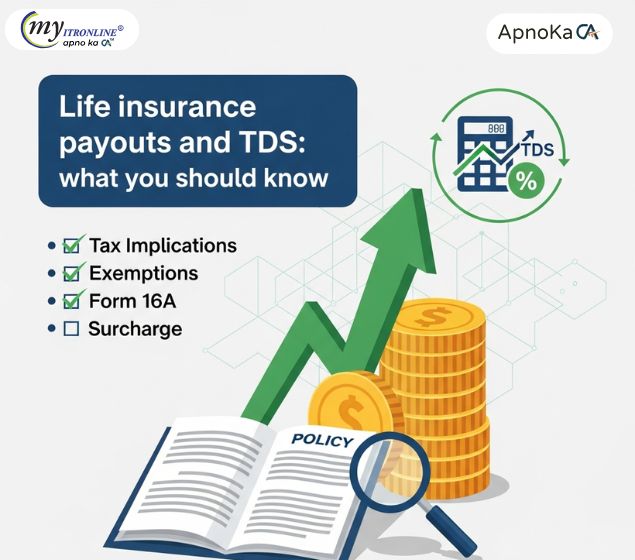
Life insurance payouts and TDS: what you should know
A short, clear guide to TDS on life insurance payouts under Section 194DA, covering who it applies to, TDS rates, limits, exemptions, how income is calculated, and compliance steps, with a quick example.

Big News: Now Update Aadhaar Mobile Number From Home
UIDAI is rolling out a new feature in the Aadhaar App that allows users to update their Aadhaar-linked mobile number directly from home using OTP and face scan verification. The process is digital, simple, and includes a small fee of about ₹50 to ₹75.
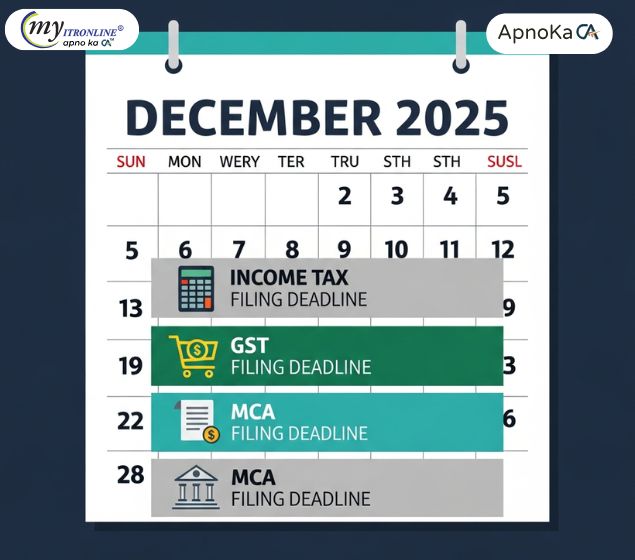
December 2025 tax due dates: simple tracker for businesses and individuals
December is a crucial month for Indian taxpayers. This tracker lists the key dates for Income Tax (ITR, Advance Tax, TDS), GST (GSTR-1, IFF, GSTR-3B), and MCA filings, plus PF/ESI and TDS statements. Mark these deadlines to avoid late fees, interest, and ITC issues.
